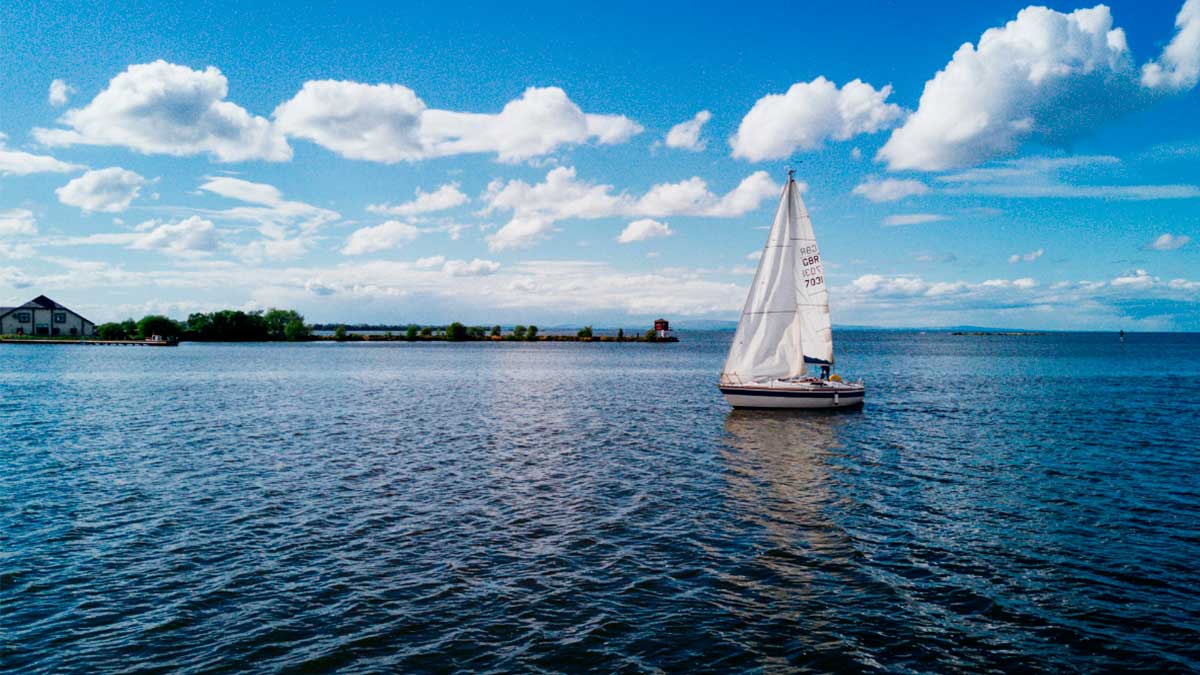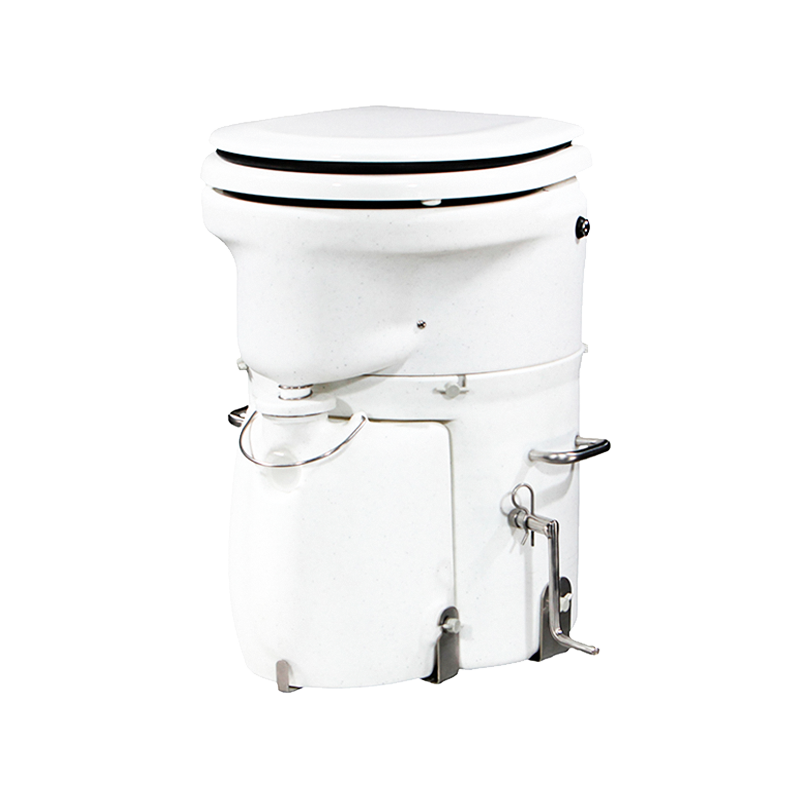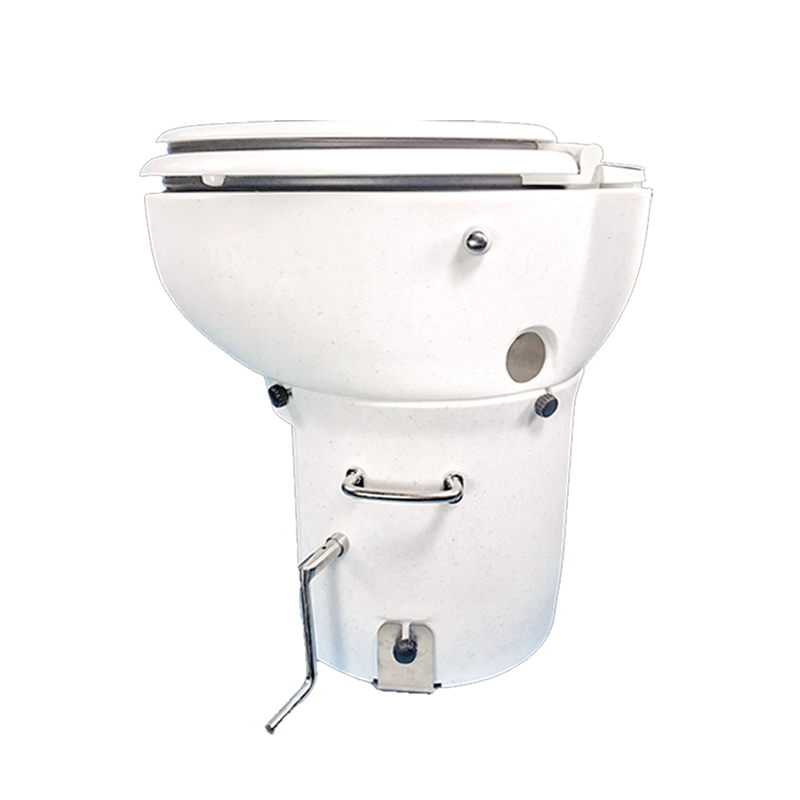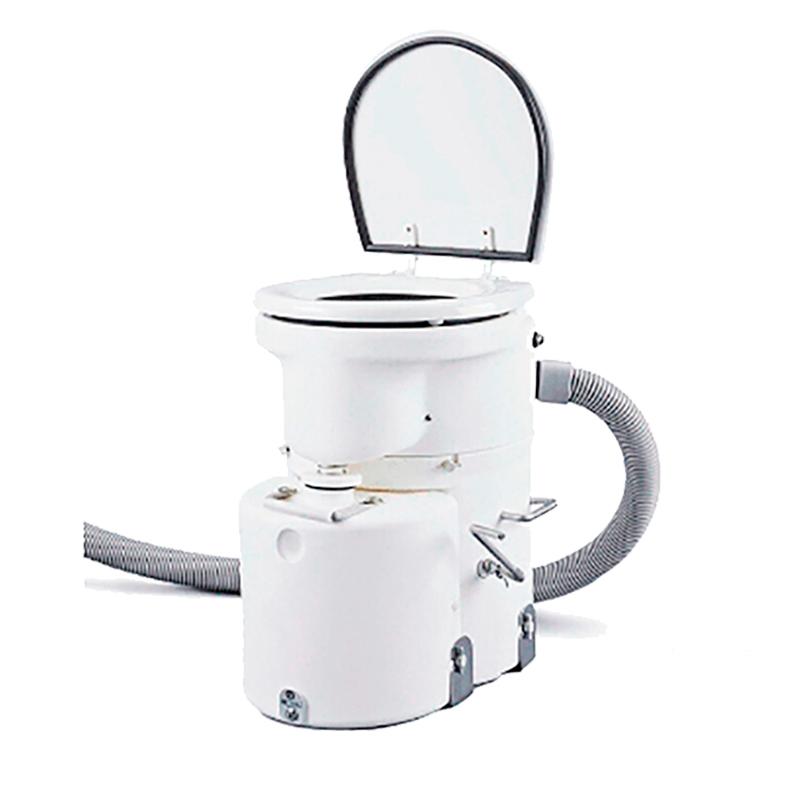How Composting Toilets Help Preserve Marine Environments
As the global awareness of environmental conservation grows, more and more people are taking steps to reduce their ecological footprint. Among the most pressing concerns is the health of our marine environments, which are under constant threat from pollution. One often-overlooked culprit of marine pollution is traditional marine sanitation systems, which can release untreated waste directly into the water. This has a detrimental effect on fragile ecosystems, affecting both aquatic life and water quality. Thankfully, composting toilets offer a practical, eco-friendly solution for boat owners looking to protect the seas they sail.
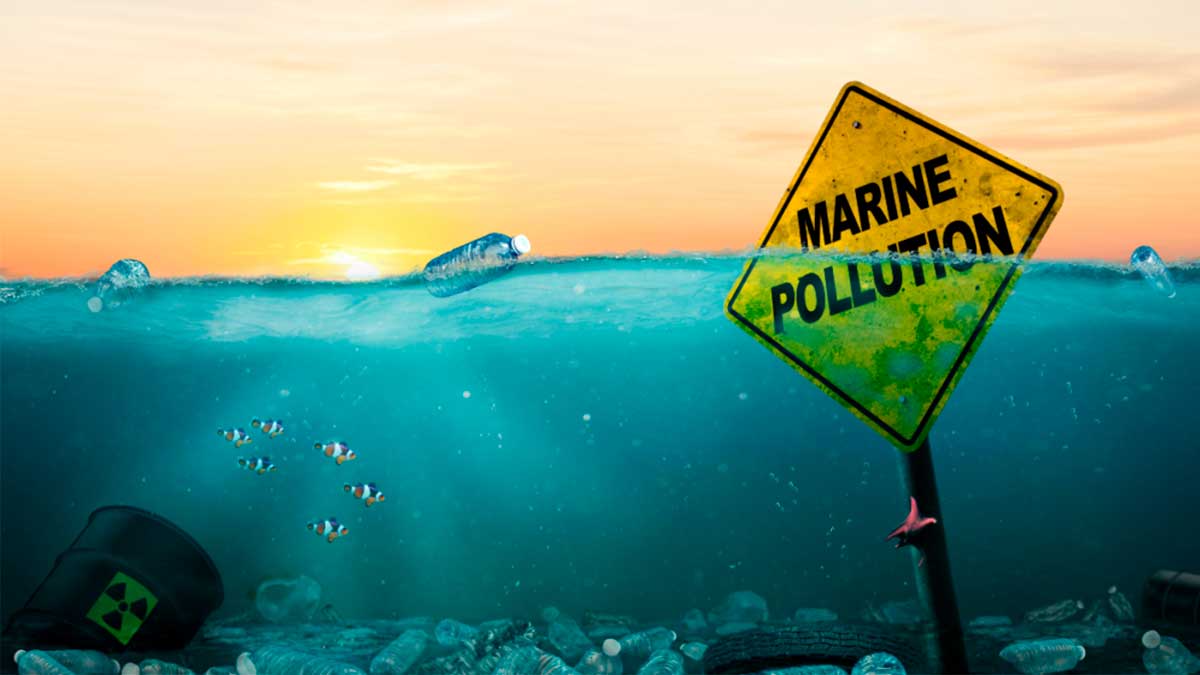
The Importance of Protecting Marine Environments
Before diving into the benefits of composting toilets for boats, it’s essential to understand why marine conservation is so crucial. Oceans and waterways support a vast array of biodiversity, from coral reefs to migratory fish, and even marine mammals like dolphins and whales. These ecosystems are not only beautiful but are critical for regulating the Earth’s climate, providing food, and supporting livelihoods around the world.
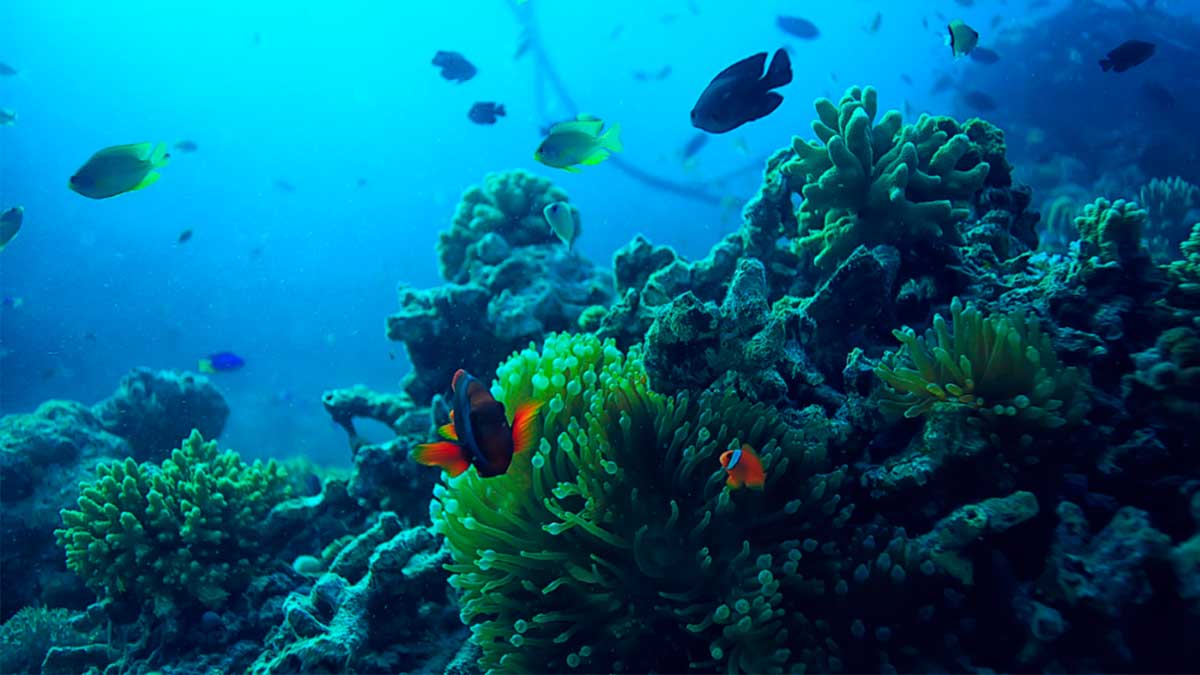
Unfortunately, pollution from human activities is damaging these ecosystems at an alarming rate. According to an article published by National Ocean Service, around 80% of marine pollution originates from land-based sources. Other sources also mentioned that marine pollution can also be caused by untreated sewage, agricultural runoff, and plastic waste. While traditional marine toilets (often referred to as “heads”) may seem like a minor contributor, they add up significantly, particularly in busy boating areas. The release of untreated human waste leads to increased nutrient levels in the water, causing problems such as algal blooms, oxygen depletion, and the destruction of sensitive marine habitats.
Traditional Marine Sanitation Systems: A Problem in Disguise
Conventional marine toilets typically function by discharging waste into a holding tank, which then must be pumped out at designated facilities. While this system may sound environmentally friendly, several issues can arise:
- Direct Discharge: Many boats are fitted with systems that discharge waste directly into the ocean. While this may be legal in certain waters, it’s increasingly frowned upon due to its harmful environmental impact. Raw sewage not only contaminates water but also exposes marine animals and humans to pathogens.
- Pump-Out Station Limitations: Even boats with holding tanks need to empty them at pump-out stations. These stations can be scarce in some areas, leading boaters to discharge waste in open waters instead.
- Chemical Use: Some marine heads require harsh chemicals to break down waste and reduce odors. These chemicals, while effective at their job, can harm marine ecosystems when released into the water.
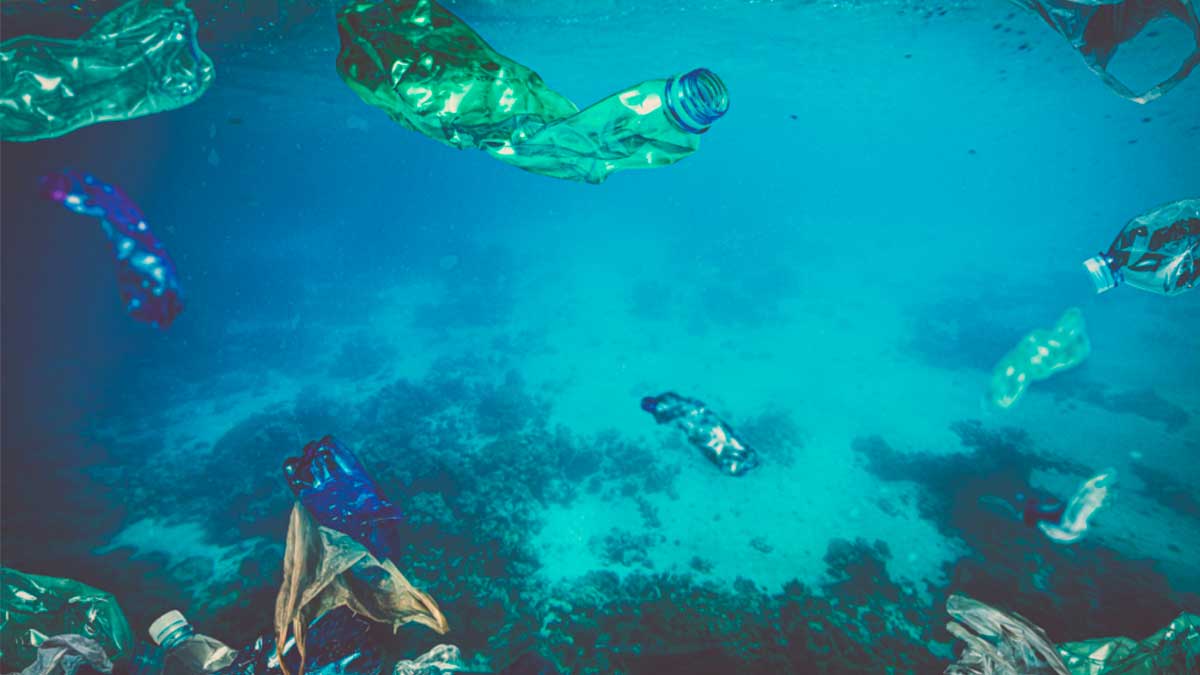
This is where composting toilets come in as a game-changer for eco-conscious boaters. Unlike traditional systems, composting toilets do not discharge waste into the water and don’t rely on harmful chemicals, offering a much greener alternative.
What Are Composting Toilets?
A composting toilet is a waterless system that converts human waste into compost. By using natural processes of decomposition and evaporation, these toilets break down waste into a harmless, humus-like substance that can be safely disposed of. While composting toilets have gained popularity in off-grid homes and RVs, they are also becoming increasingly common in the boating community.
The Benefits of Composting Toilets to Marine Environments
1. Zero Water Pollution
The most significant benefit of using a composting toilet on a boat is its ability to prevent water pollution. Because these toilets are self-contained, they don’t discharge any waste into the surrounding waters. Unlike traditional marine heads that risk spilling sewage into the sea, composting toilets keep waste out of the ocean entirely. This helps to protect water quality and prevents the contamination of sensitive ecosystems.
A 2022 study from the Ocean Conservancy highlights how untreated sewage from boats can contribute to “dead zones”—areas with such low oxygen levels that marine life cannot survive. Composting toilets eliminate this issue by keeping waste on board until it can be properly disposed of on land.
2. No Chemical Use
Some marine sanitation systems can rely on chemicals like formaldehyde to treat sewage and reduce odors. While effective in breaking down waste, these chemicals can harm marine life when released into the water. Composting toilets, by contrast, rely on natural processes, so they don’t require any chemical treatments. This ensures that boaters aren’t introducing toxins into the ocean, further safeguarding aquatic ecosystems.
3. Water Conservation
Composting toilets are waterless systems, which means they don’t require precious freshwater to function. This is particularly important for boaters, as water supplies can be limited while out at sea. But beyond personal convenience, conserving freshwater also benefits the environment. A conventional marine toilet can use anywhere from a half-gallon to several gallons of water per flush, which adds up over time. Composting toilets eliminate this need, reducing overall water consumption and lessening the demand for freshwater resources.
4. Reduced Impact on Marine Life
Raw sewage and wastewater from traditional marine toilets can introduce harmful bacteria and viruses into marine environments. This not only affects aquatic life but can also pose a health risk to humans, especially in popular swimming and fishing areas. Composting toilets prevent the spread of pathogens by containing and safely processing waste onboard. This keeps waterways cleaner and reduces the likelihood of contamination, protecting both wildlife and people.
5. Ease of Maintenance and Operation
One of the biggest challenges with traditional marine toilets is maintaining holding tanks and pump-out systems, which can be prone to clogs, leaks, and odors. Composting toilets, however, are much simpler to maintain. The Air Head Composting Toilet, for example, is designed with a focus on ease of use, making it ideal for marine applications. The unit features rubber gaskets around the lid, seat, and bowl, ensuring a tight seal that prevents leaks and odors even in wet or humid conditions.
Additionally, Air Head Composting Toilets are perfectly suited for use in wet heads or shower areas, as their sealed systems keep water from entering the composting area. This makes them a versatile and practical solution for boaters who want a hassle-free alternative to traditional marine heads.
The Future of Sustainable Boating
As more boaters become aware of their environmental impact, the demand for eco-friendly solutions like composting toilets is on the rise. In fact, many marinas and harbors are beginning to encourage the use of composting toilets as a way to reduce pollution and protect local ecosystems. In some areas, regulations are becoming stricter, and the discharge of untreated waste is no longer allowed.

The marine industry is also taking note. A 2023 report from the International Council of Marine Industry Associations (ICOMIA) showed that sustainable boating practices are gaining traction worldwide, with composting toilets being identified as one of the most effective ways to reduce a boat’s environmental footprint. By adopting these systems, boaters can play a key role in preserving the health of our oceans for future generations.
Make The Right Choice
Composting toilets offer a simple yet effective solution for boaters who want to reduce their environmental impact and also see a real improvement to their day-to-day. By preventing water pollution, eliminating the use of harmful chemicals, and conserving water, these toilets help protect fragile marine environments. For those who love spending time on the water, making the switch to a composting toilet is an easy and practical way to ensure that the oceans and waterways remain healthy and vibrant for years to come.
By choosing a composting toilet for your boat, like the Air Head Composting Toilet, you’re not just making a decision for convenience—you’re making a commitment to preserving the very waters that provide so much joy and adventure. It’s time to make a change that benefits both you and the environment.

